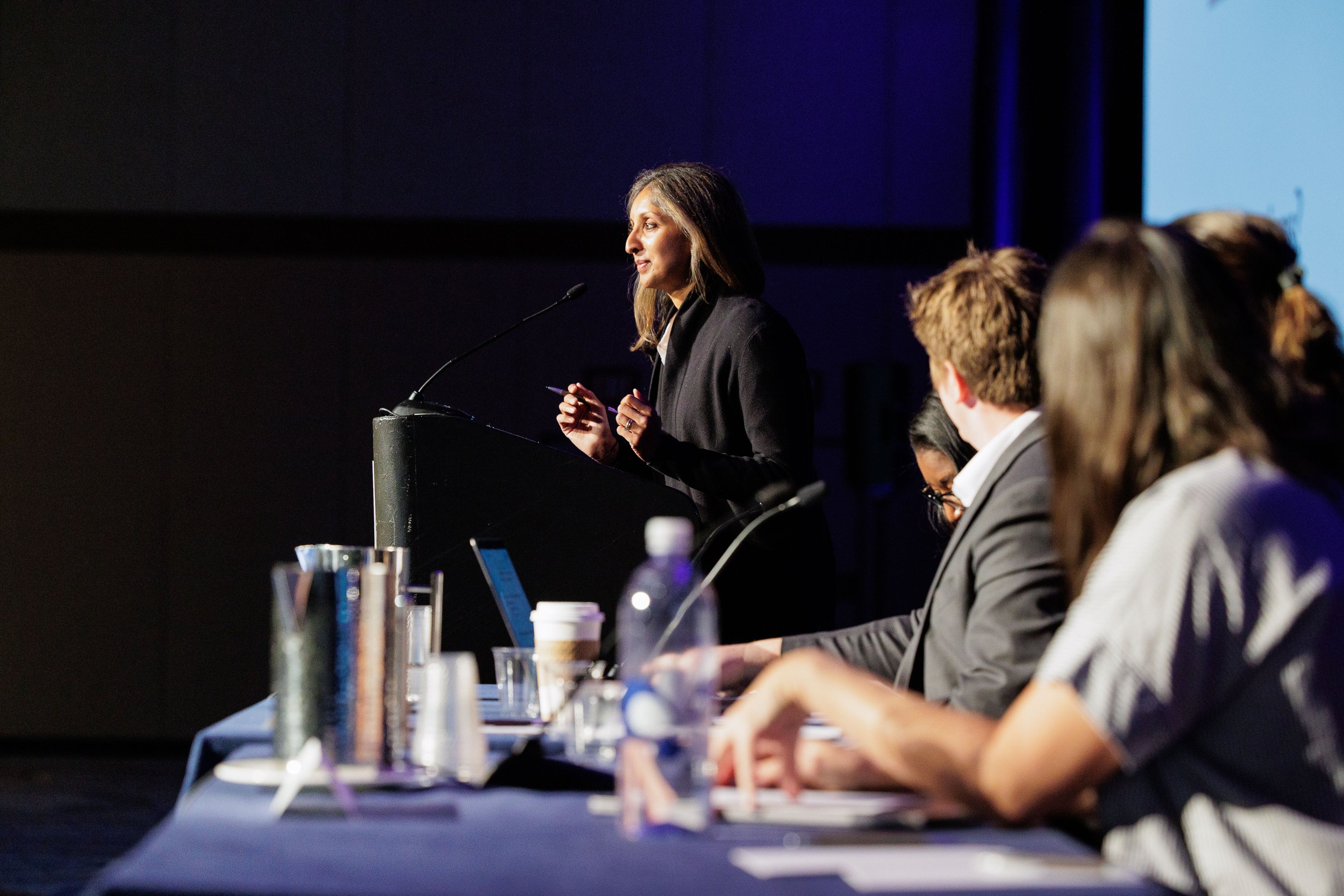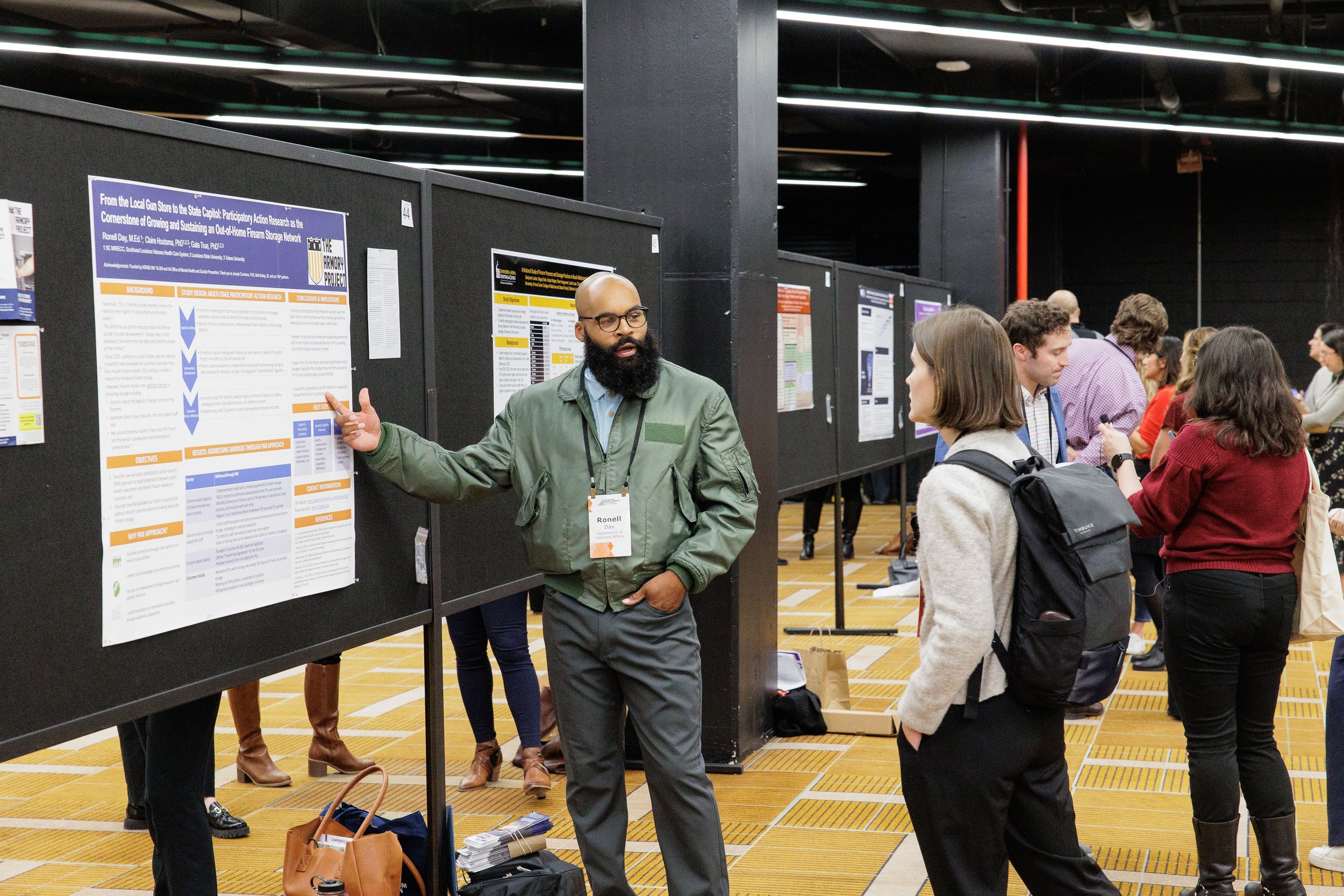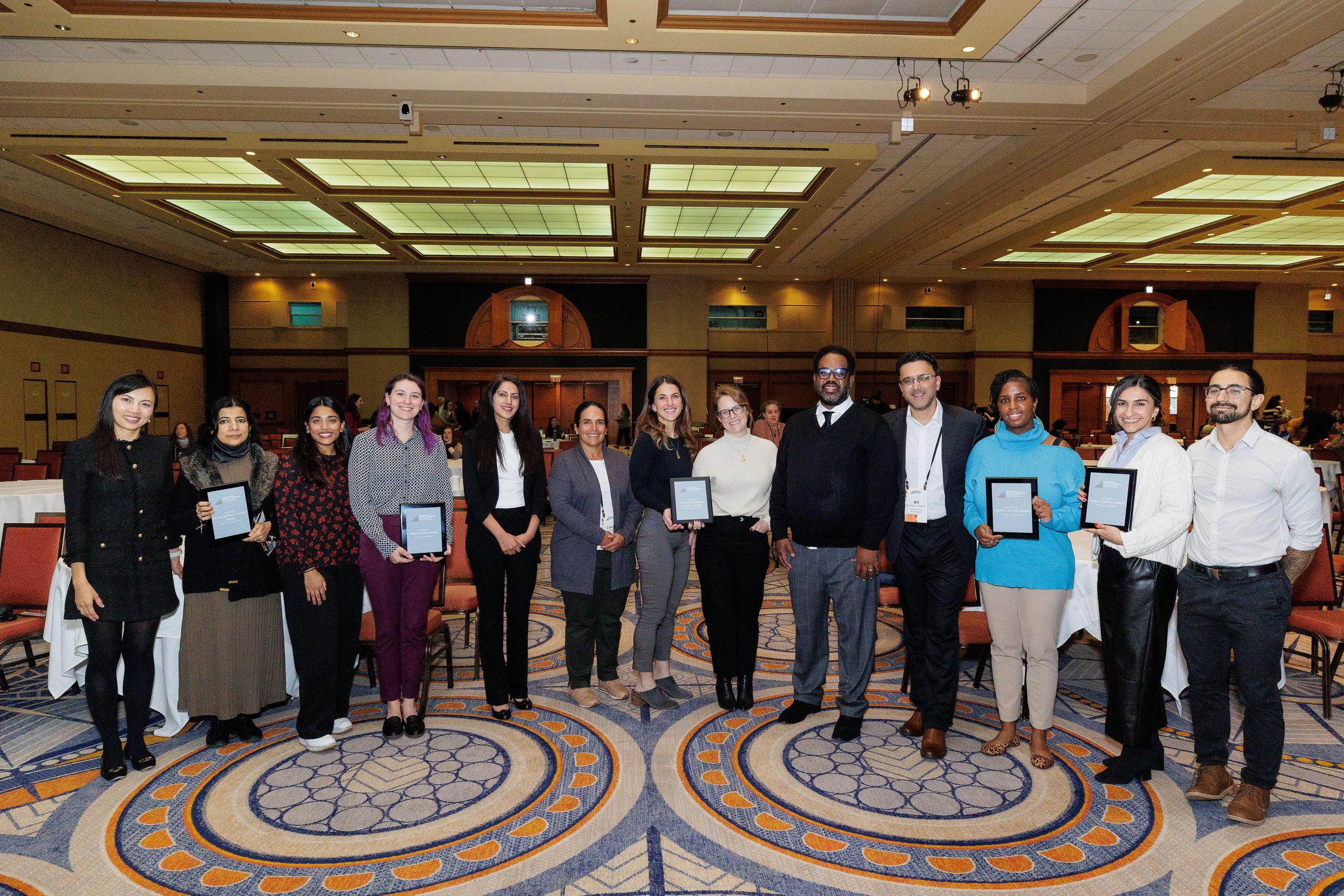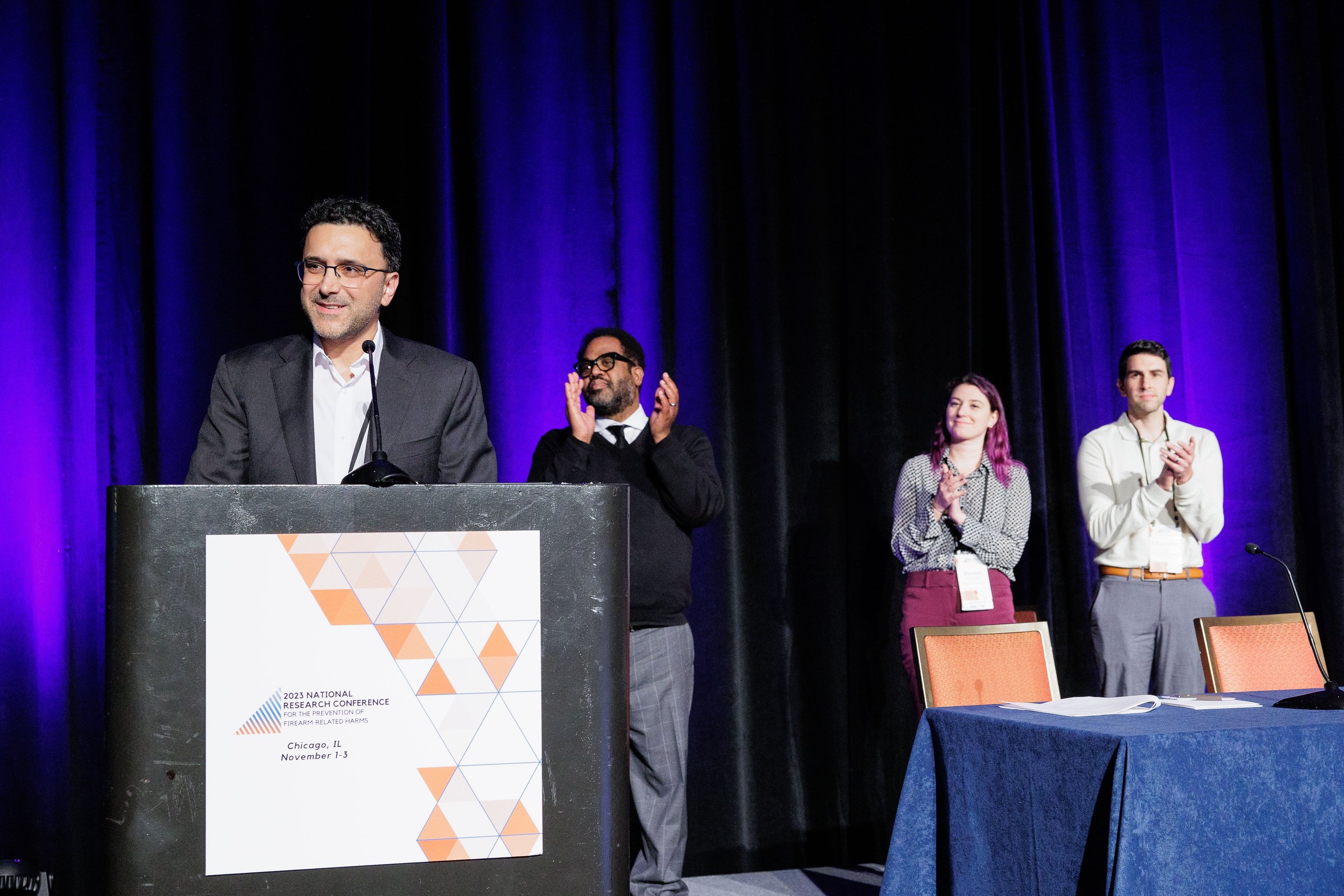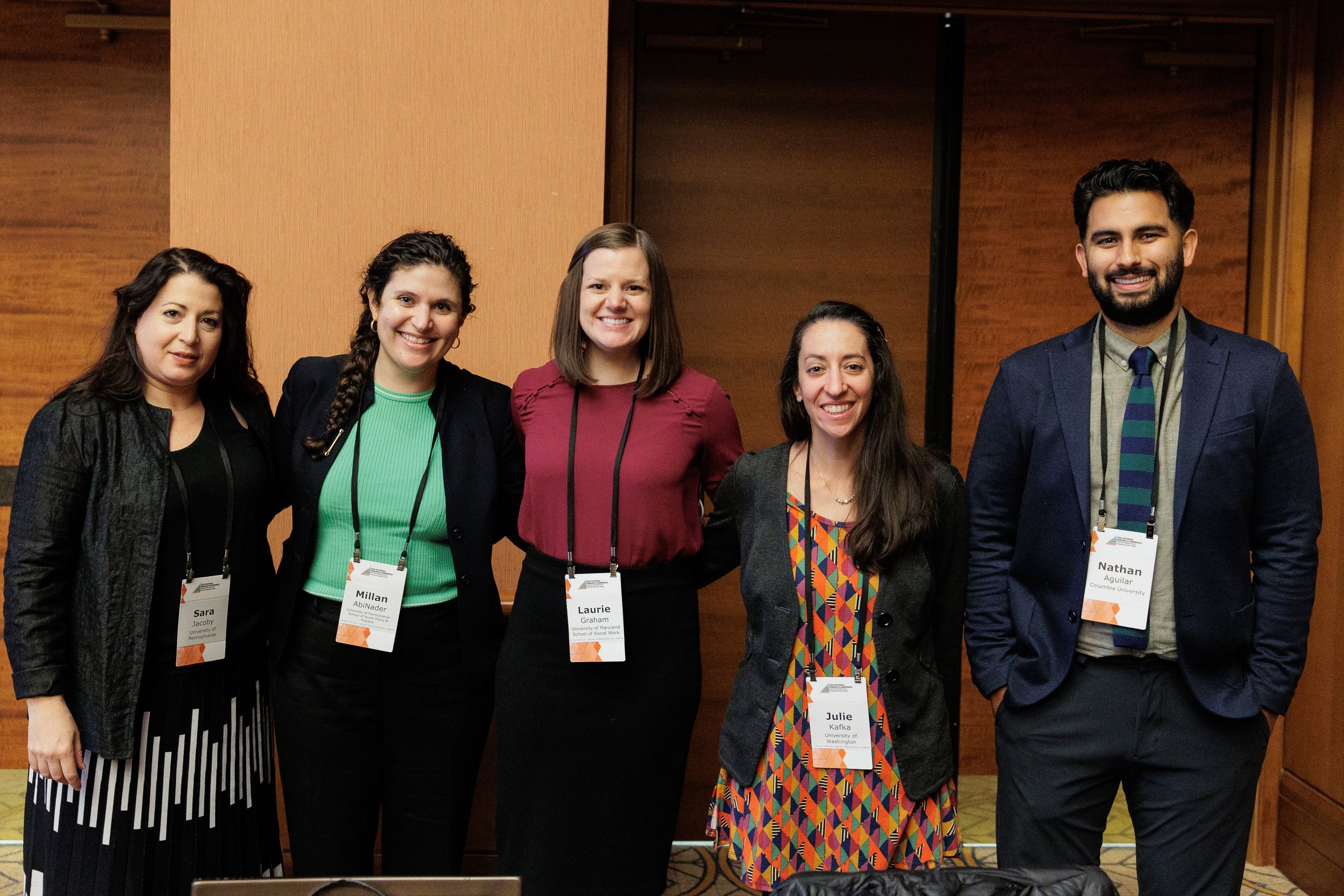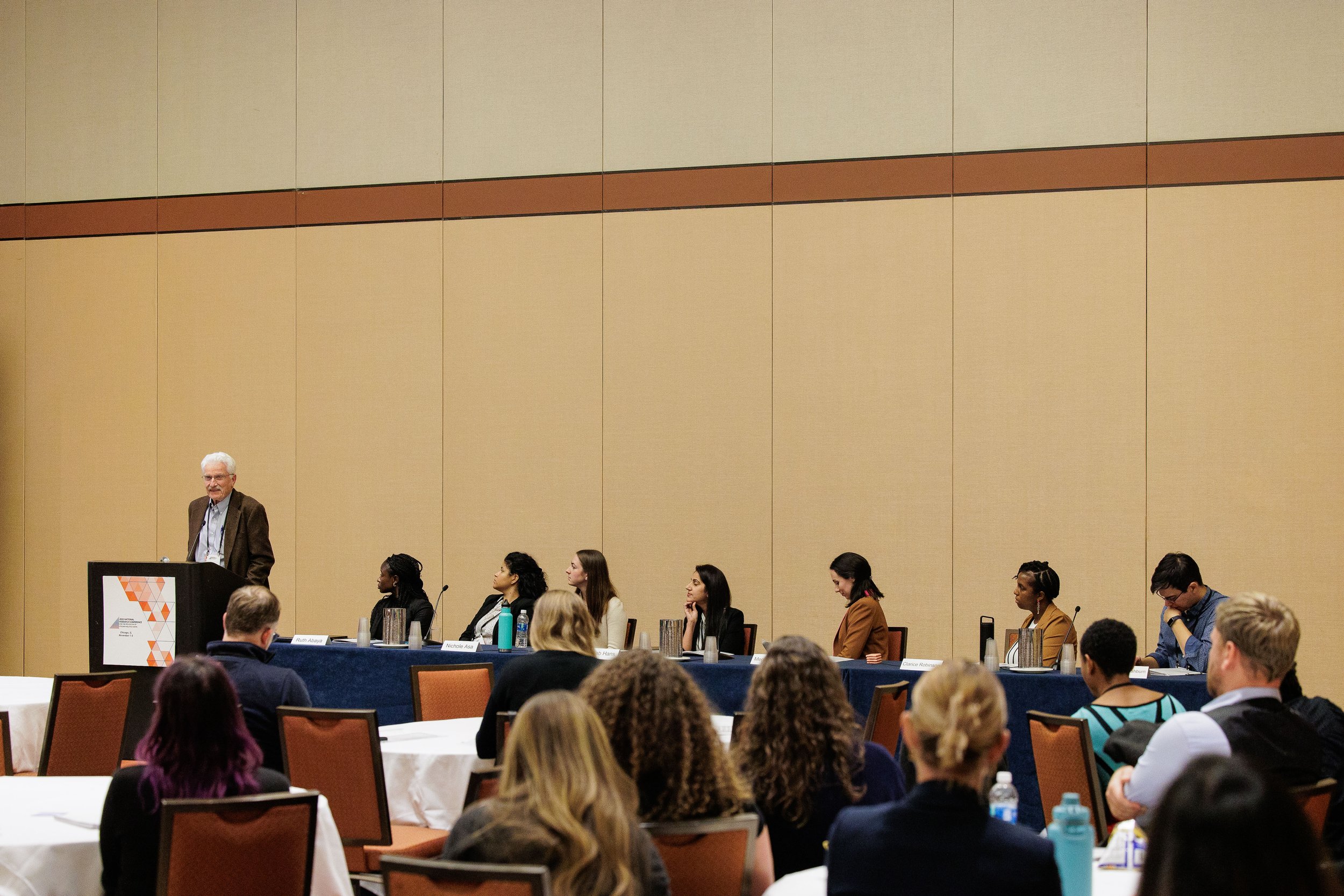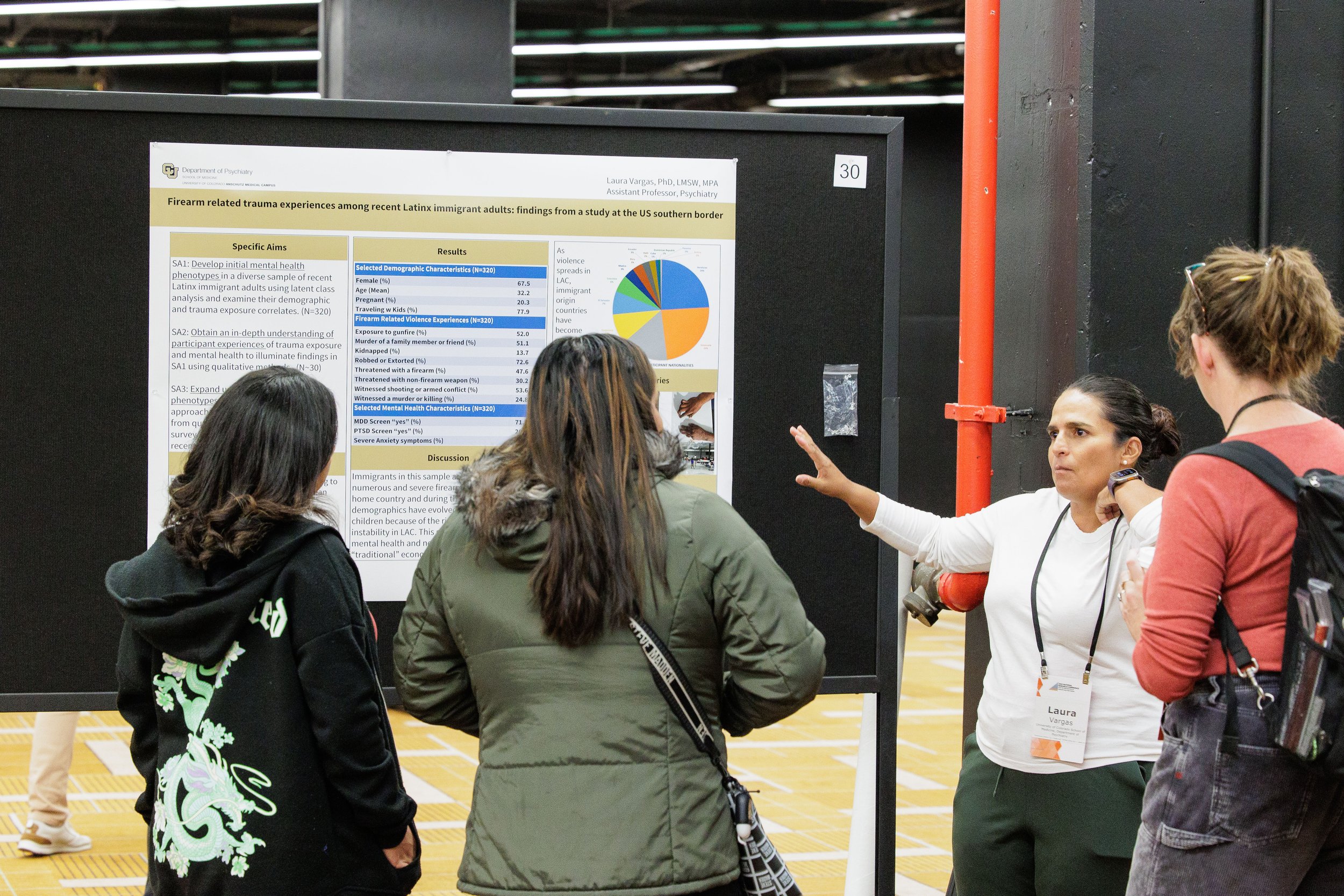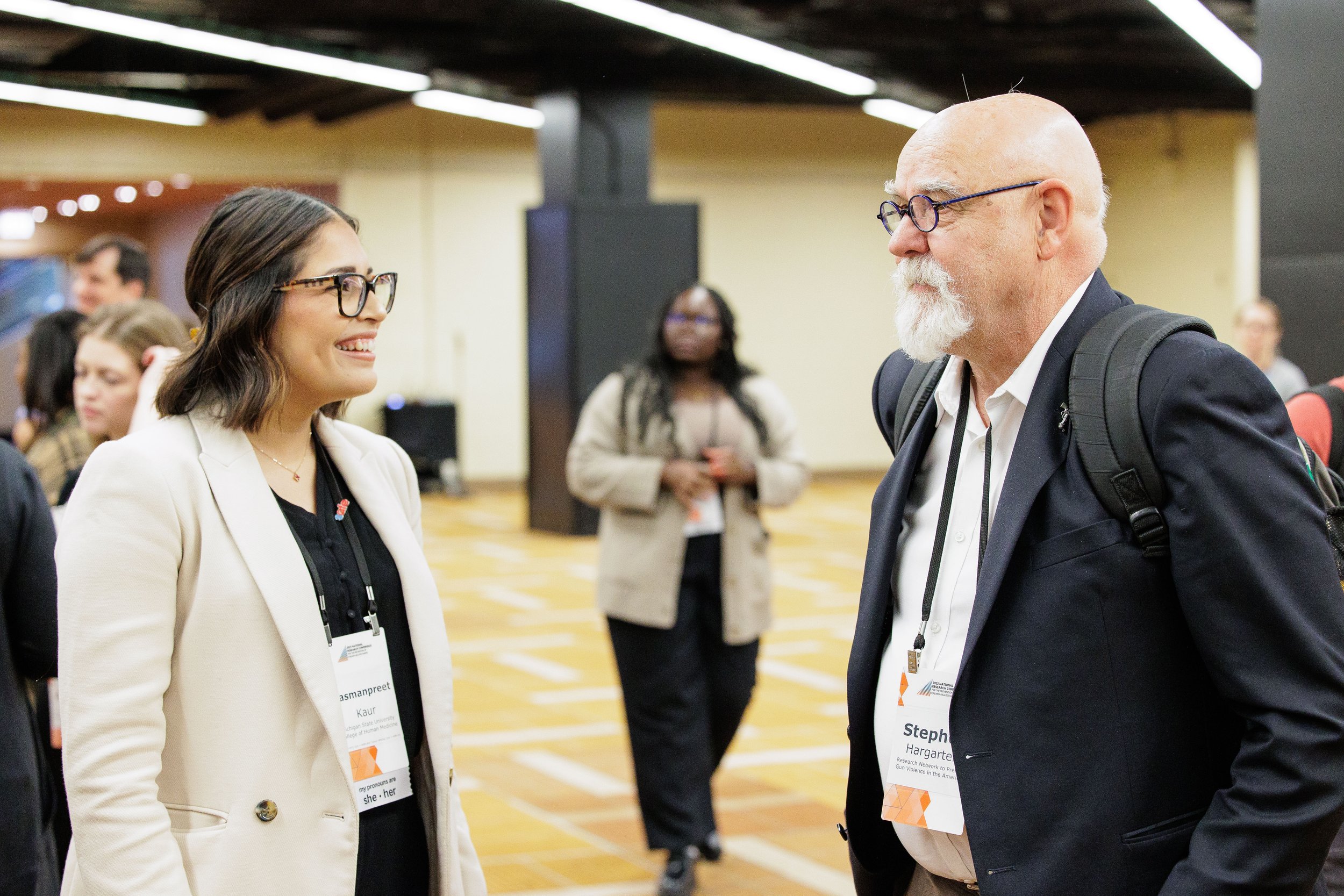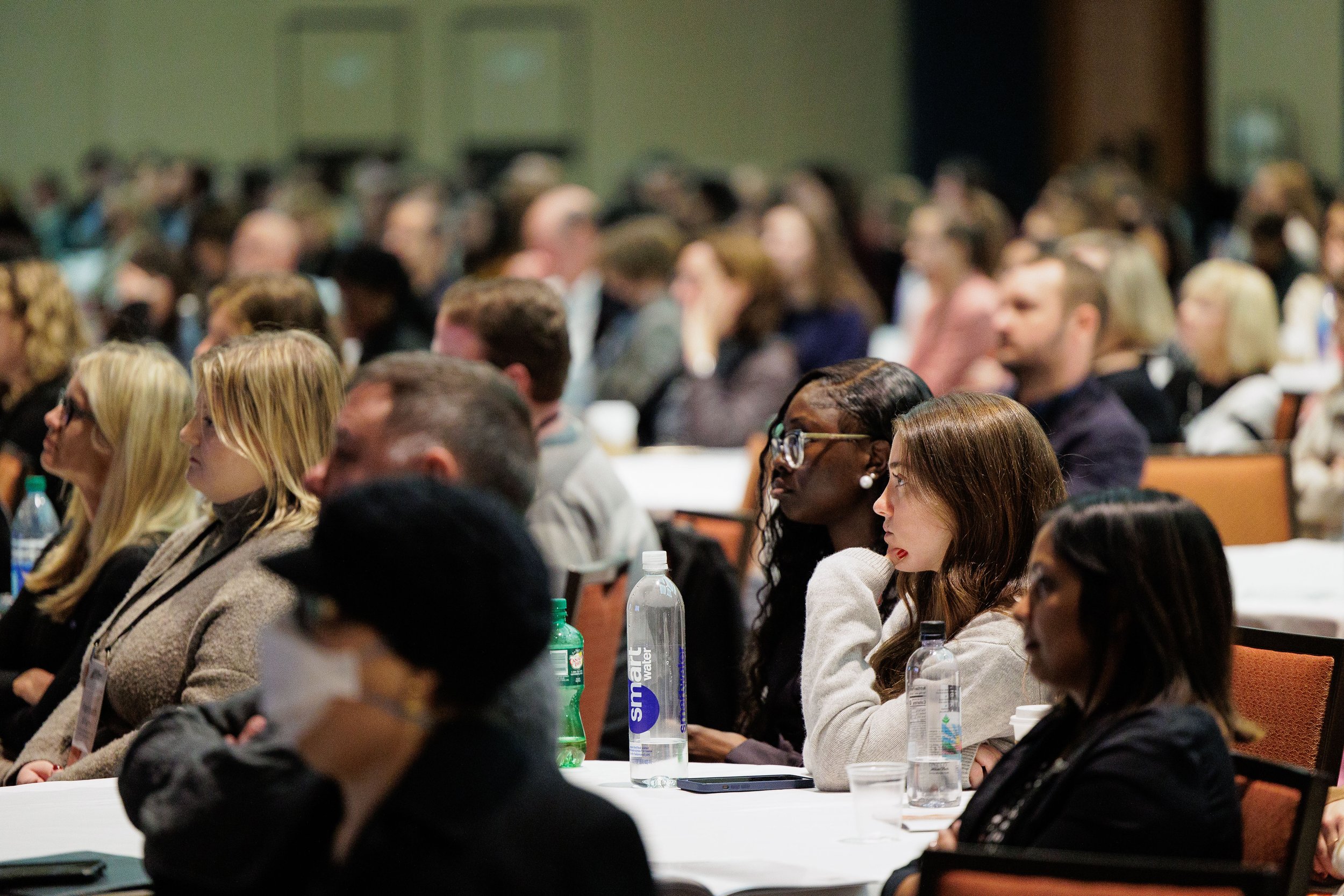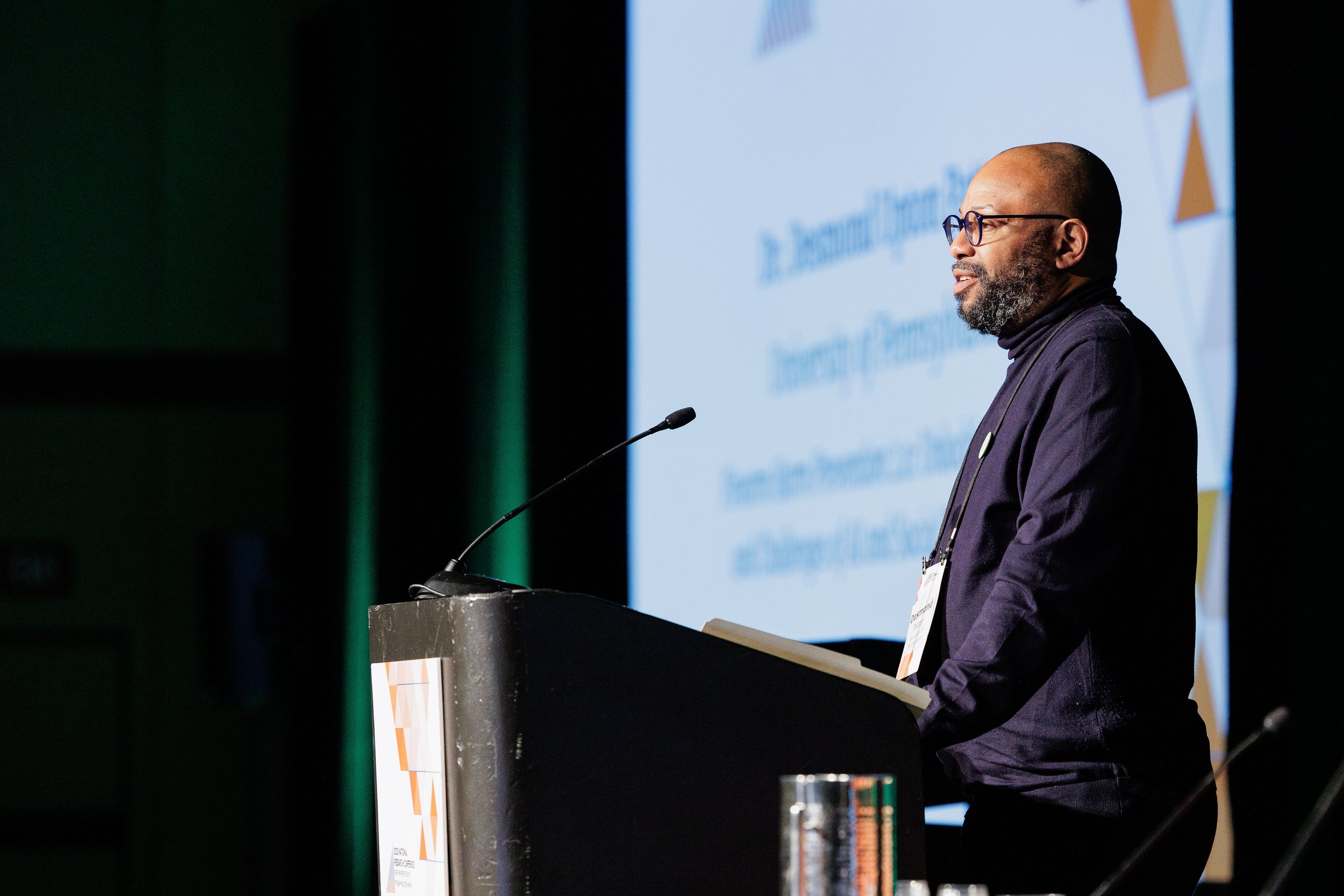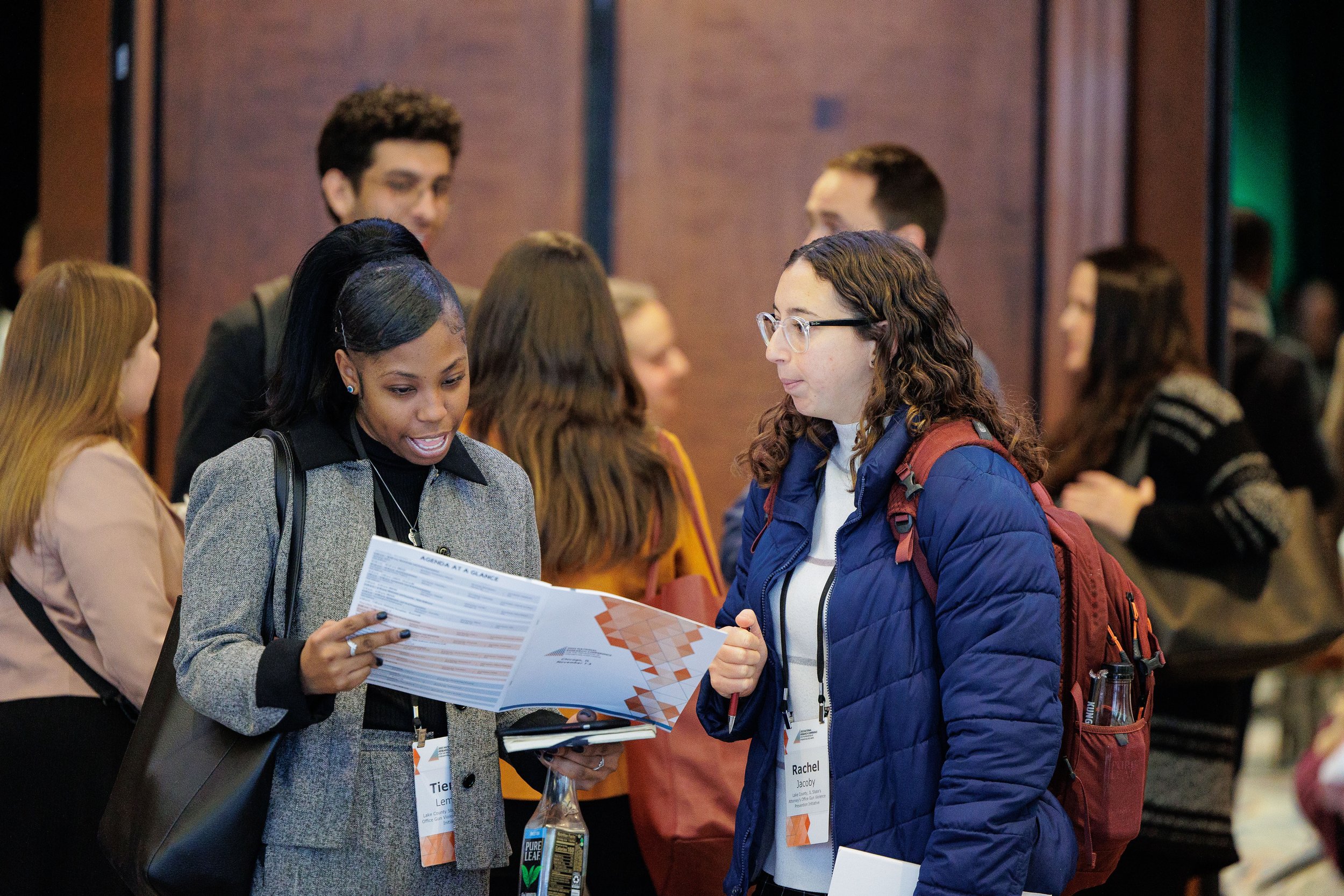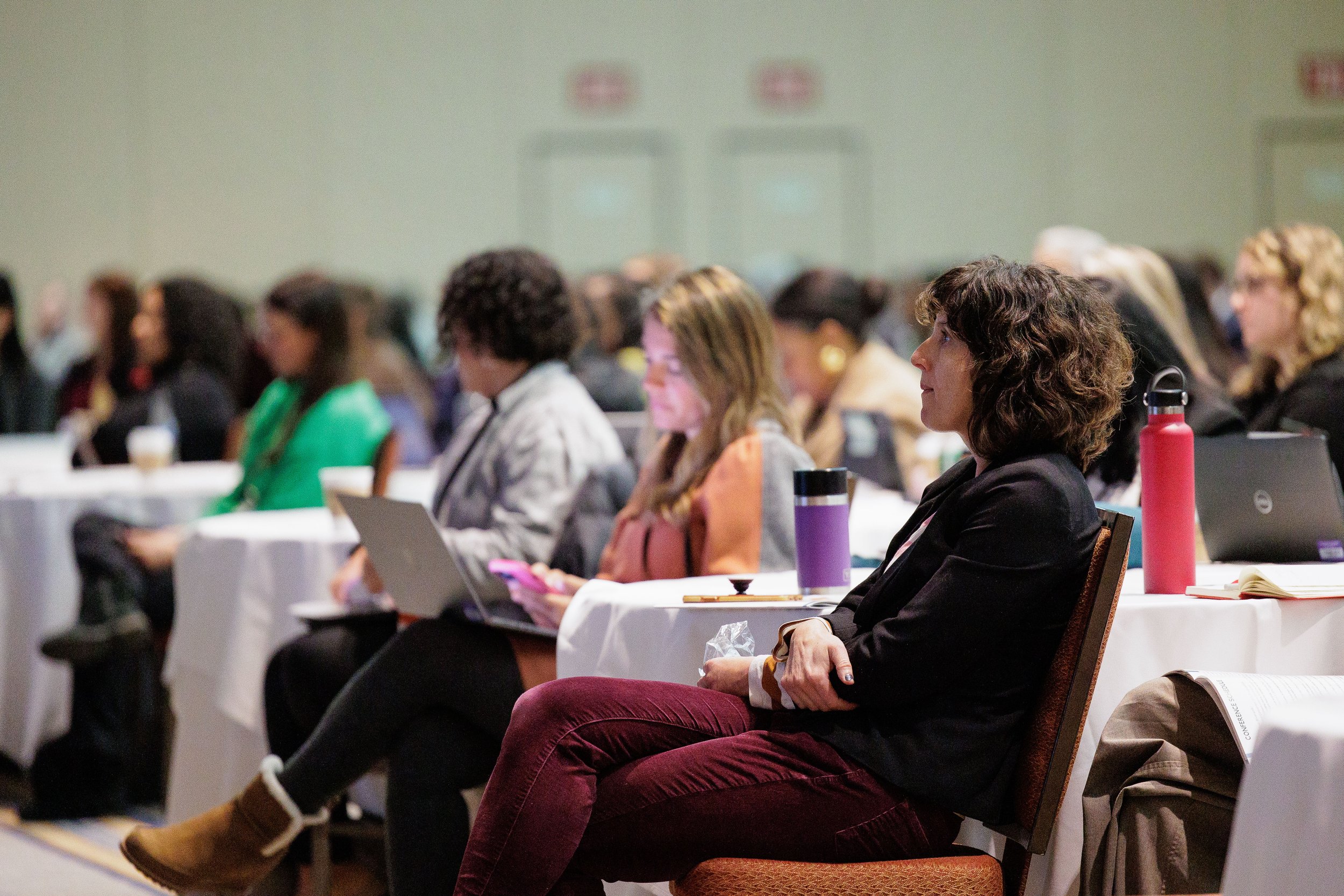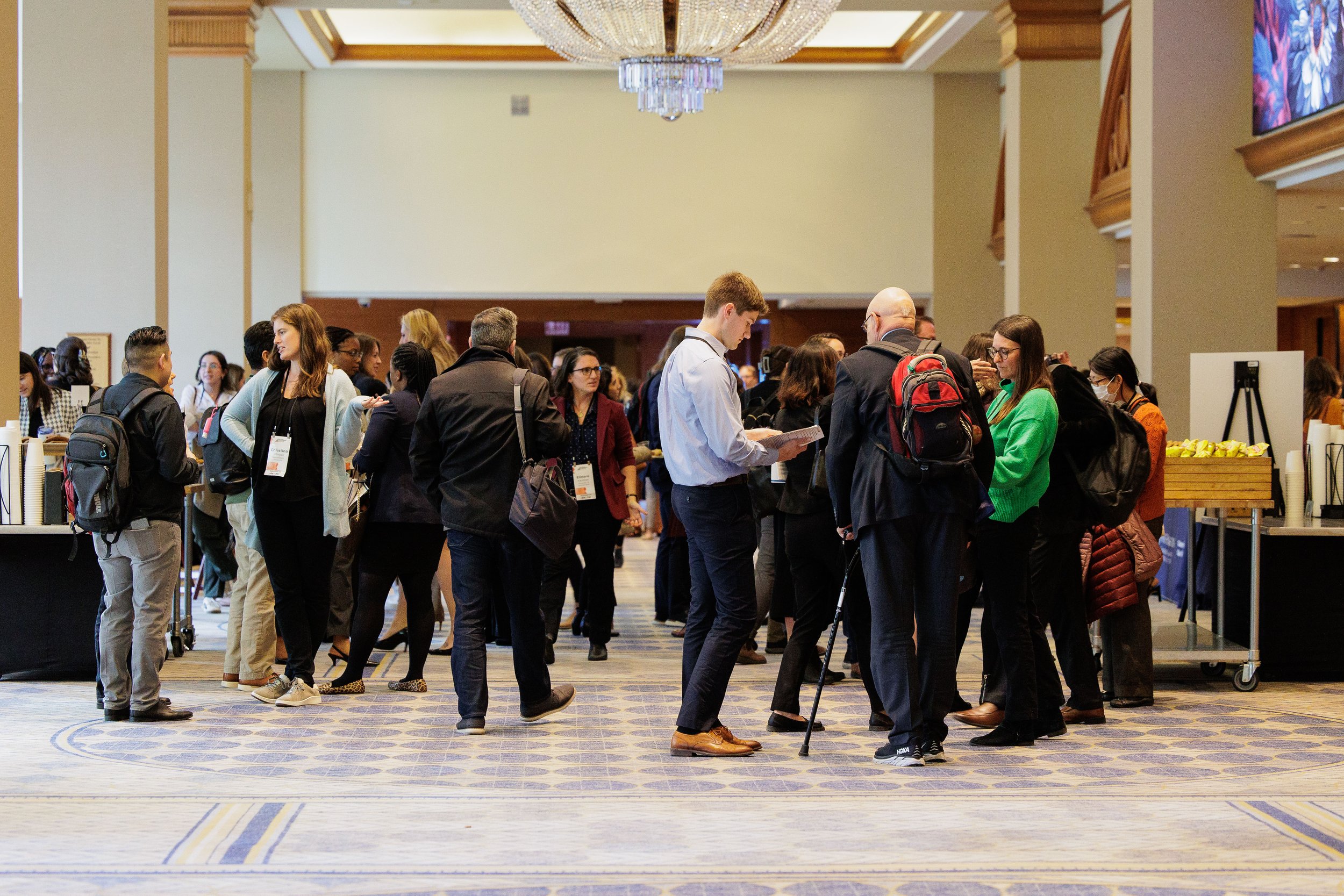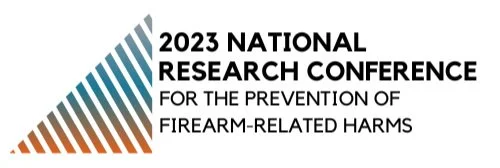About the 2023 Conference
The 2023 National Research Conference for the Prevention of Firearm-Related Harms was held on November 1-3, 2023, in Chicago, IL. The conference highlighted the current state of science and research on firearm injury prevention across the lifespan, and featured a Keynote Speech by Desmond Upton Patton, PhD, MSW (Brian and Randi Schwartz University Professor of Social Policy and Communications and PIK Professor; Professor of Psychiatry, Penn Medicine and Children's Hospital of Philadelphia, University of Pennsylvania).
The event was organized by the Research Society for the Prevention of Firearm-Related Harms and sponsored by (listed in alphabetical order): Arnold Ventures, the California Wellness Foundation, the Columbia Scientific Union for the Reduction of Gun Violence (SURGE), Fund for a Safer Future, the Harry Frank Guggenheim Foundation, Johns Hopkins Bloomberg School of Public Health Center for Gun Violence Solutions, the Joyce Foundation, Kaiser Permanente Center for Gun Violence Research & Education/The Health Alliance for Violence Intervention, the Missouri Foundation for Health, the National Collaborative on Gun Violence Research (NCGVR), Northwell Health Center for Gun Violence Prevention, the Robert Wood Johnson Foundation, Rutgers New Jersey Gun Violence Research Center, The Tow Foundation, the University of Colorado Firearm Injury Prevention Initiative, the University of Michigan Institute for Firearm Injury Prevention, the University of Washington Firearm Injury & Policy Research Program.
2023 Conference Recap
A full schedule of the 2023 conference is available as a PDF here.
Thank you to our 2023 Sponsors!
2023 Conference Media Coverage
2023 Conference Award Recipients
| Name of Individual, Affiliation | Category | Presentation |
|---|---|---|
| Megan Kang, Princeton University | Innovation Award | Extending the firearm suicide proxy for household gun ownership |
| Devon Ziminski, Rutgers University | Innovation Award | A social problem analysis of the 1993 Brady Bill and the 2002 Bipartisan Safer Communities Act |
| Clarice Robinson, University of Chicago | Equity and Justice Award | Using crime victim compensation for structural reparations |
| Augustin Markarian, Loyola University | Equity and Justice Award | Why Parkland, not Pulse? Racially disparate policy response to mass shootings |
| Laura Vargas, University of Colorado | Equity and Justice Award | Firearm related trauma experiences among recent adult Latinx immigrants: Findings from a study at the US southern border |
| Hsing-Fang Hsieh, University of Michigan | Equity and Justice Award | Mental distress as a mediator between racism experience and firearm behavior among Asian Americans |
| Avery Moje, University of Colorado | Equity and Justice Award | Alaska Native adult and youth perceptions of youth firearm access |
| Zainab Hans, University of Michigan | Translational Award | Unmasking the confluence: Evaluating the joint effects of COVID-19 and historic redlining on firearm violence |
| Bushra Sabri, Johns Hopkins University | Translational Award | Perceived impact of living with an abuser with firearm ownership: Barriers to addressing threats to safety and recommendations for practitioners |
| Laura Prater, University of Washington | Multidisciplinary Award | Older adults’ firearm owners with early signs of cognitive impairment: Development of a primary care decision support tool to improve firearm safety |
| Rhea Pillai, University of Chicago | Multidisciplinary Award | Feasibility of integrating a bedside medical-legal partnership into firearm violence recovery: The recovery legal care program |
| Lauren Magee, Indiana University | Multidisciplinary Award | Implementing a community-based advocacy and support program for survivors of firearm injury |
| Anne Massey, University of Washington | Multidisciplinary Award | Talking with patients about firearms: Do pharmacists, dentists, physical therapists, and other allied health professionals have a role? |
| Ariana Gobaud, Columbia University | Impact Award | Measuring the effect of historical structural racism on community firearm violence in 500 US cities |
